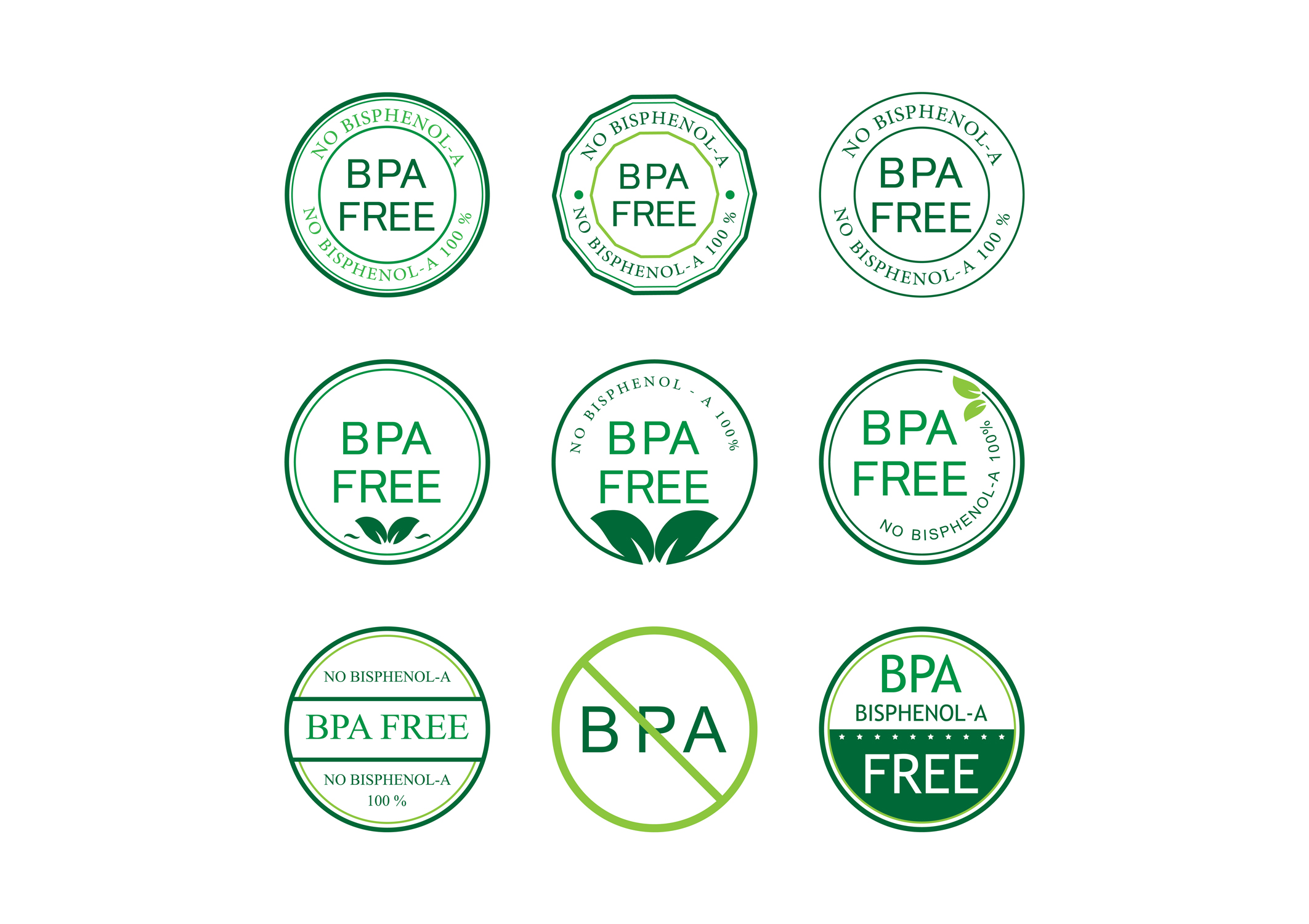Just when you think you’ve done everything possible to avoid ingesting harmful BPA (bisphenol A), an industrial chemical used to make plastics and resins, there is new evidence that handling thermal receipts can increase BPA levels. BPA is believed to be an endocrine disruptor that may interfere with the natural functioning of testosterone, estrogen, thyroid hormones, and weight-controlling hormones like leptin.
According to a recent Healthing Canada science report, high levels of BPA in urine are associated with a 49 percent increased risk of mortality compared with people who had lower levels. While you may have scoured your kitchen for plastic containers and water bottles containing BPA, handling thermal receipts with bare hands can also increase BPA levels.
Although it is important to wash hands frequently or use a hand sanitizer when you aren’t near a sink, a recent study from the University of Missouri has found that touching a thermal receipt with bare hands immediately after using an alcohol-based sanitizer increases the transfer of BPA by up to 100 times the level that would normally transfer. BPA residue on bare hands can transfer to food, increasing the risk for further absorption.
The concern of harmful BPA absorption from thermal receipts is greatest for cashiers who may handle hundreds of receipts in a day. Wearing gloves is commonplace now for grocery store clerks, but it may be a practice wisely adopted by all cashiers. Customers may want to start signing up for digital receipts through their local store websites or credit card company.
Canned foods including condensed soup, tuna and beans may also contain BPA leached from the package lining. Consumers can also watch for BPA in plastics by checking for the number 7 or the letters PC “polycarbonate”; these plastics may contain BPA. Ditch your plastic water bottle habit and invest in a glass or stainless steel reusable bottle and throw out any old, stained or stinky plastic storage containers.
Learn more about how to limit your exposure to BPA by following this link to a recent Environmental Working Group post.
Tip: rinse canned food in water to help remove BPA as well as additives like sodium or sugar. Heat food in a stainless steel pot on the stove or glass in the microwave.






Add Your Voice
0 Comments
Join the Discussion